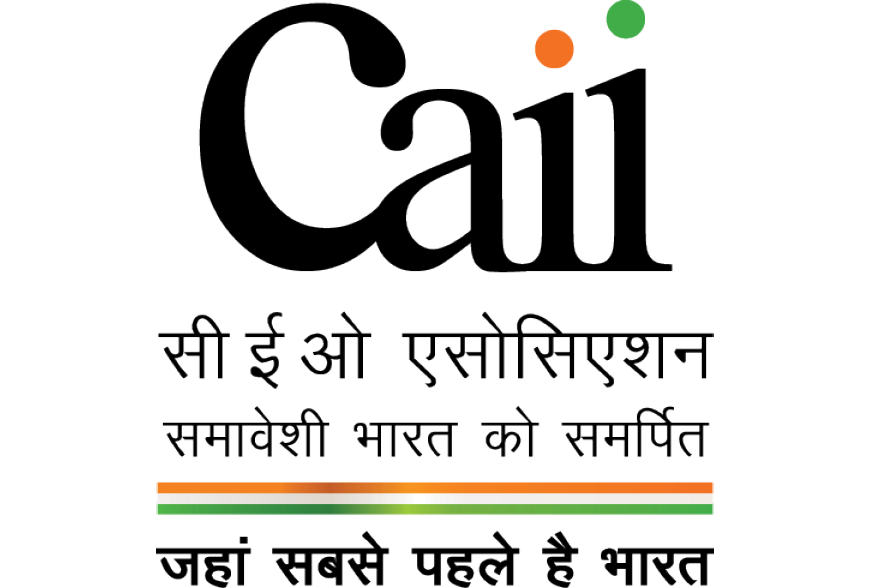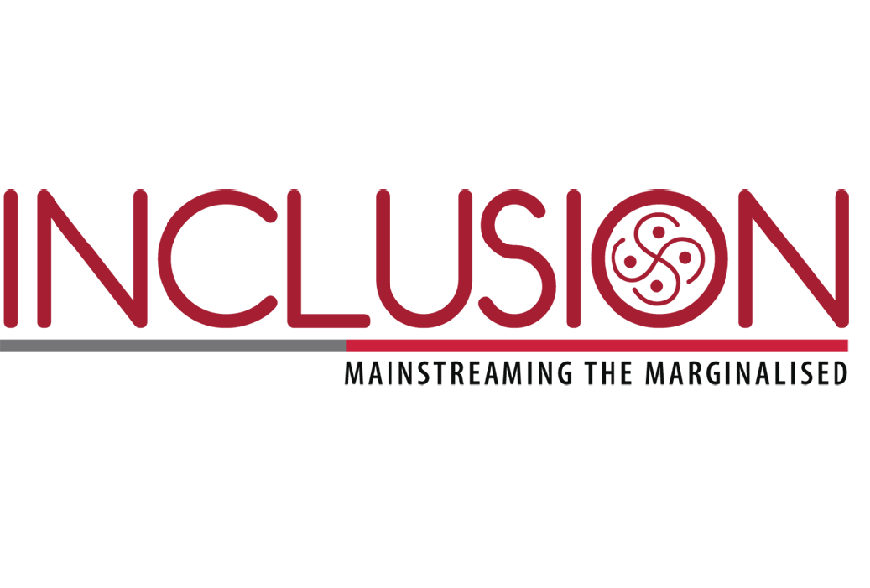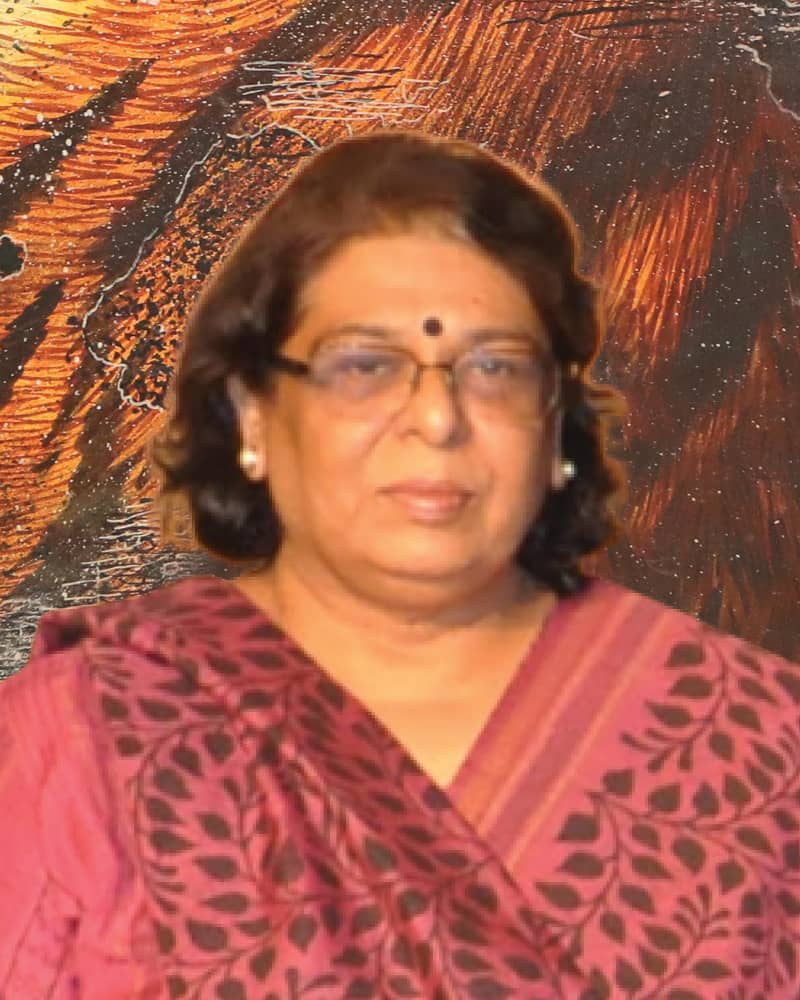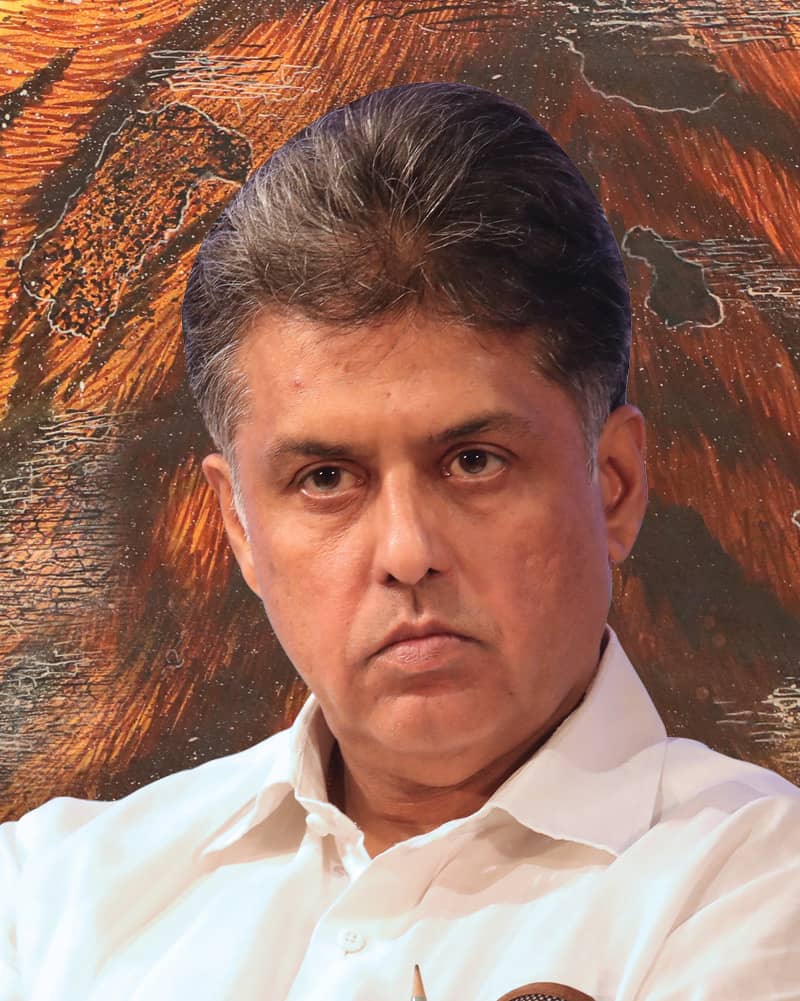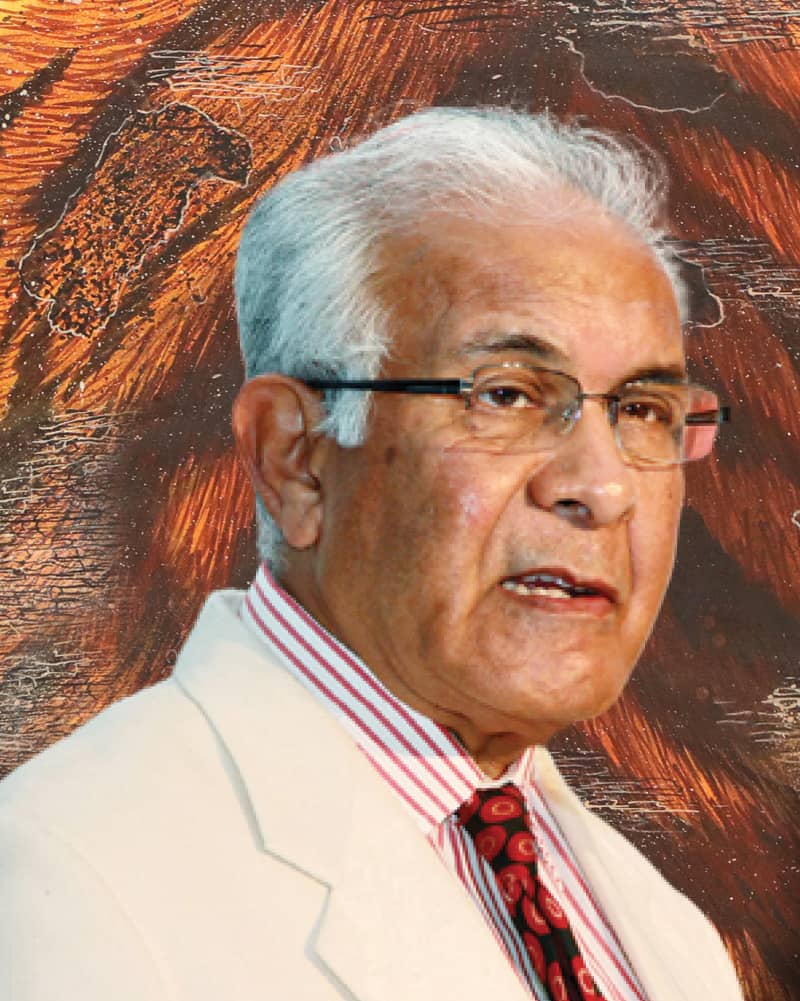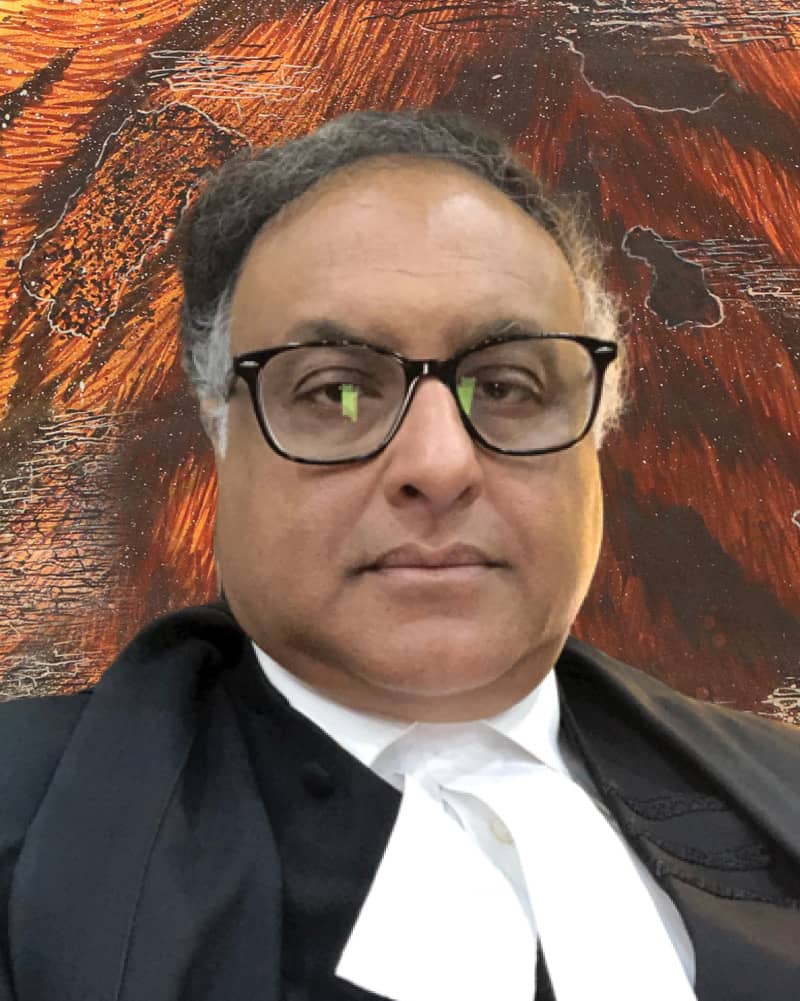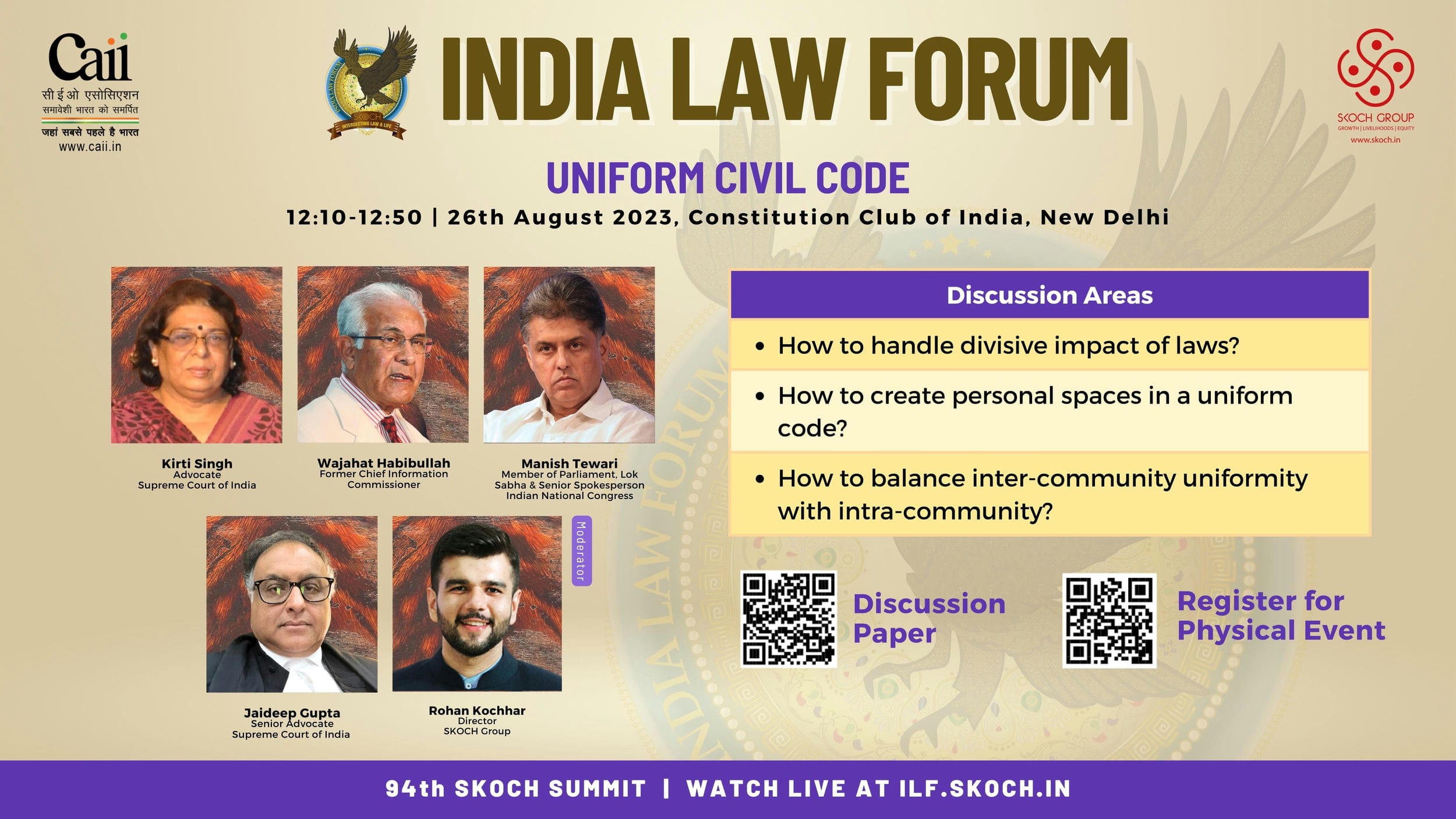
| 12:10 - 12:50 | Constitution: Uniform Civil Code |
Discussion Paper
The Uniform Civil Code: Deconstructed
INTRODUCTION
The Uniform Civil Code (UCC) debate is a raging political issue in India, notwithstanding the absence of any draft bill on the subject. Though political leaders have been talking about it in the public forum, the debate is, at best, conjectural depending on which side of the political spectrum one stands, given that there’s no draft.
The Constitutional Validity of UCC:
Article 44 of the Constitution categorically states, "The State shall endeavor to secure for the citizens a uniform civil code throughout the territory of India." The choice to include the Uniform Civil Code within the Directive Principles instead of the fundamental rights was a result of compromise between proponents and opponents. Nonetheless, the Constitution framers considered UCC a desirable goal in a progressive democracy where the rule of law should be the same for all citizens.
The UCC in the Indian context means replacing personal laws based on the religious scriptures and long-held customs of various communities and tribes with a common set of rules governing every citizen. Therefore, to my mind, it"s not antithetical to secularism: as religion (for that matter, even region, caste, creed, or tribe) cannot be a basis for discrimination-either positive or negative, including in personal laws.
Celebrating "unity in diversity", the Constitution allows for, "freedom of conscience and free profession, practice and propagation of religion"(Article 25) and gives "freedom to manage religious affairs"(Article 26). Both of these are fundamental rights. However, these fundamental rights are not absolute and are "subject to public order, morality, and health'. According to Clause 1 of Articles 25 and 26, and Clause 2 of Article 25 "Nothing in this article shall affect the operation of any existing law or prevent the State from making any law-(a) regulating or restricting any economic, financial, political or other secular activity which may be associated with religious practice." Hence, all perceived ill practices in customary laws can be prohibited by enacting a law by the central government.
Then the question arises as to why was UCC part of the Directive Principle of State Policy and not a fundamental right. When the Constitution was being written, India"s nationhood was at a nascent stage. The consolidation of the states was the top priority. Though UCC may have been desirable even at that time, the framers of the constitution, and later the various governments were not sure how this could be done.
Concerns around the implementation of the Uniform Civil Code in the Constituent Assembly:
The UCC attracted a wave of opposition when it was introduced in the Constituent Assembly, particularly from the members belonging to the Muslim community such as Ismail Sahab and Nazzirudin Ahmad, who moved several amendments to keep personal laws out of the ambit of UCC as it was seen as a violation of freedom of religion. Also, it was feared that UCC would create disharmony as the minority communities would construe UCC as interfering with their personal law and religious affairs if it was introduced without the consent of their respective religious leadership. Further, some expressed apprehensions that the UCC was a ploy to impose customs and practices of the majority community (meaning Hindus) on other faiths by making it universal for all communities residing in India and all other communities will be forced to adhere to it. The framers of the constitution, therefore, thought it wise to include it in the Directive Principle of State Policy and the desired change should be initiated by the community themselves against customs and practices that are archaic, against the rights of women, and in contravention with the laws of the land and the spirit of the constitution. Unfortunately, the personal laws haven"t kept pace with the modern times.
It is, however worth noting that the Hindu personal laws were reformed within ten years of India gaining independence. Laws such as the Hindu Succession Act, the Hindu Marriage Act, the Hindu Adoptions and Maintenance Act, the Dowry Prohibition Act, and the Special Marriage Act were passed that radically changed the customs of Hindus, criminalizing certain ill and archaic practices that were entrenched in the community. These were substantive moves towards making an equitable society for women by giving women their equal rights in property, the right to divorce, and maintenance so that their economic well-being is protected.
WHY IS IT DIFFICULT TO HAVE UCC IN INDIA?
Though, there is no doubt that religion cannot be allowed as a pretext to allow criminality and abuse of a section of society-primarily women and children-to persist, social evils have continued to persist in the name of traditions and customs, based on religious sanctions.
The set of reasons that prevented the framers of the constitution from making UCC a law in the first place persist, and these are significant reasons. India is a country of complexities with varied religions, regions, ethnicities, tribes, languages, customs and practices. There are several different customs and practices, not just interfaith, but within a faith, be it Hinduism or Islam. For instance, a Hindu marriage is performed in hundreds of ways across India. Or, for that matter, cousins are allowed to marry, or nieces and their maternal uncles are allowed to marry in some parts of the country. In others, it would be considered incestuous. Can those practices be made universal? Or will UCC include some of the communities currently exempted from the Hindu Marriage Act"s ban on "Sapinda" marriages? Will Christian family law be universally applicable to getting a divorce? Will the attractive tax benefits of the Hindu Undivided Family (HUF) become universal? What about the tribal customs of Santhals or Nagas? Article 371 of the Constitution exempts North Eastern states and other parts of the country where tribal populations reside from a UCC-like law. Parliament cannot legislate in matters of tribal customs and social practices, customary law and procedure, and administration of civil and criminal justice which is decided according to customary laws. Ownership and transfer of land cannot happen without the concurrence of the concerned state Assembly. Given these complexities, it would be a challenge to implement UCC. UCC, to this day, is an open debate, and without a draft to refer to, it has multiple interpretations.
Further, it has to be said that the diversity of personal law is not necessarily due to its religious diversity. The Constitution gives power to both the union government and the state government to enact legislation about personal laws as part of the Concurrent List (entry No. 5). Some legal experts see it as an indication that the Constitution's will is to continue with legal diversity.
The 21st Law Commission in the consultation paper on Reform of Family Law, dated 31 August 2018, dealt with the question of "reform of family law" and concluded that a UCC was "unnecessary and not recommended" as the presence of disparities does not necessarily indicate discrimination. On the contrary, the commission felt it was indicative of a strong and vibrant democratic system. It held that the focus, therefore, should be acknowledging and accommodating differences instead of UCC-like legal frameworks that call for uniformity among culturally diverse populations. The commission was apprehensive that uniformity might be unjust towards the marginalized and vulnerable groups. However, the 22nd Law Commission is again examining the subject matter of the Uniform Civil Code and had solicited ideas and views of the public on the same.
THE SUPREME COURT'S STANCE ON UCC:
The Supreme Court is also known as the "guardian" of the Constitution as it is mandated to uphold the rule of law which means protection of citizens' rights and liberties. On various occasions, the Supreme Court has expressed displeasure that there isn"t in place a single set of personal laws for citizens of India. For example, in the much-reported Shah Bano Case of 1985, the Apex Court expressed the need for a UCC. In its judgment, it ruled in favor of providing maintenance to an aggrieved Muslim divorced woman. The Supreme Court, while delivering the judgment, emphasized that a UCC would support the cause of national integration by doing away with "different loyalties to legislation that have contradictory philosophies". In the judgment, Justice Y. V. Chandrachud lamented that Article 44 "has remained a dead letter" because there was "no evidence of any official activity for framing a common civil code for the country". He wanted a beginning to be made in that direction "if the Constitution is to have any meaning". Similar sentiments were expressed in the Sarla Mudgal case of 1995 and, more recently, in the Paulo Coutinho vs. Maria Luiza Valentina Pereira case of 2019. Lastly, Chief Justice SM Sikri in the Kesavananda Bharati case of 1973 observed that while "no Court can compel the Government to lay down a uniform civil code", it "is essentially desirable in the interest of the integrity, and unity of the country".
THE TRIBAL QUESTION
The Rashtriya Adivasi Ekta Parishad, representing approximately 110 million tribal population in India, approached the Supreme Court to safeguard tribal cultural traditions and practices, including the rights to polygamy and polyandry in 2016. The tribes have distinct personal laws and adhere to diverse religions. Mr. Sushil Kumar Modi, the chair of the Parliamentary Standing Committee, Personnel, Public Grievances, Law & Justice, which is currently reviewing Personal laws, had opined that tribal areas of the North East that have been accorded special protection under Article 371 might be exempted from UCC. He has spoken at public forums to argue that the Constitution, under Article 371, grants protection to the North East since they have multiple tribes and their customs, traditions, and rituals are different from each other and any other religious communities.
HOW BEST TO INTRODUCE A UNIFORM CIVIL CODE
Given the complexity of the matter, here are some suggestions as to how best to introduce UCC. It might not be wise to do it in one full swoop, but strategically, in a graded and piecemeal manner, keeping the larger picture of UCC in mind.
- First, a draft (both in paper and electronic versions) should be made available so that people can have an informed debate without political demagoguery. Furthermore, the draft should be available in all regional languages and must be made accessible to every section of Indian society, right to the village level.
- Also, carry out a series of amendments in a phased manner to all personal laws that are not in consonance with the existing laws. It was done in the 1950s by reforming the Hindu personal laws and more recently by making Triple Talaq a criminal offence. This must be preceded by codifying the personal laws of various communities.
- The 21st Law Commission also emphasized the need to reform family laws across various religions to ensure gender equality instead of enactment of a UCC. It supported "equality within communities" as opposed to pursuing "equality between" communities in its Consultation Paper on Family Law Reforms.
- The issue of UCC shouldn"t be looked at from the prism of religion. The scope is much broader. It"s about customs and traditions, and way of life, that extends beyond the confines of the religious faith.
- UCC could be introduced as special personal law with people having the option of following it or their traditional way or both which like the Special Marriage Act, provides an option but is not mandatory. In this way, initially, for some years, people will have the option of adhering to religious customs and doing it in a UCC way like a parallel structure. This flexibility is desirable to make the transition smooth and, in the process, garner public support.
- The tribal question and Article 371: Even though the government of the day has hinted that tribal communities of the North East will be exempted from UCC, some fear that it may set a wrong precedence and other communities and groups may seek certain exceptions too, though there may not be a constitutional validity for it. Hence codification of the tribal laws and Special laws along the lines of UCC may also be the way forward in the tribal-dominated parts of the country.
CONCLUSION
UCC is an ideal enshrined in the Constitution of India and, therefore, should be carried out. But the hurdles of the diversity of faith, customs, and tradition is real, so doing it in one full swoop will generate reactions and encourage strife. A better way is to codify all religions and their religious practices and then amend all practices that are in contravention of the spirit of the Constitution. At the same time, create a set of special personal laws on the lines of UCC, which though not mandatory, the people at large may be encouraged, to adhere to, if they choose to do so. People may still choose traditional practices or choose both. In the process, the government could garner greater support for UCC by educating depressed communities and tribes and slowly but certainly inculcating a progressive outlook toward life in them. The UCC can be forward-looking and foster unity in diversity.
Sponsored By

Supported By
